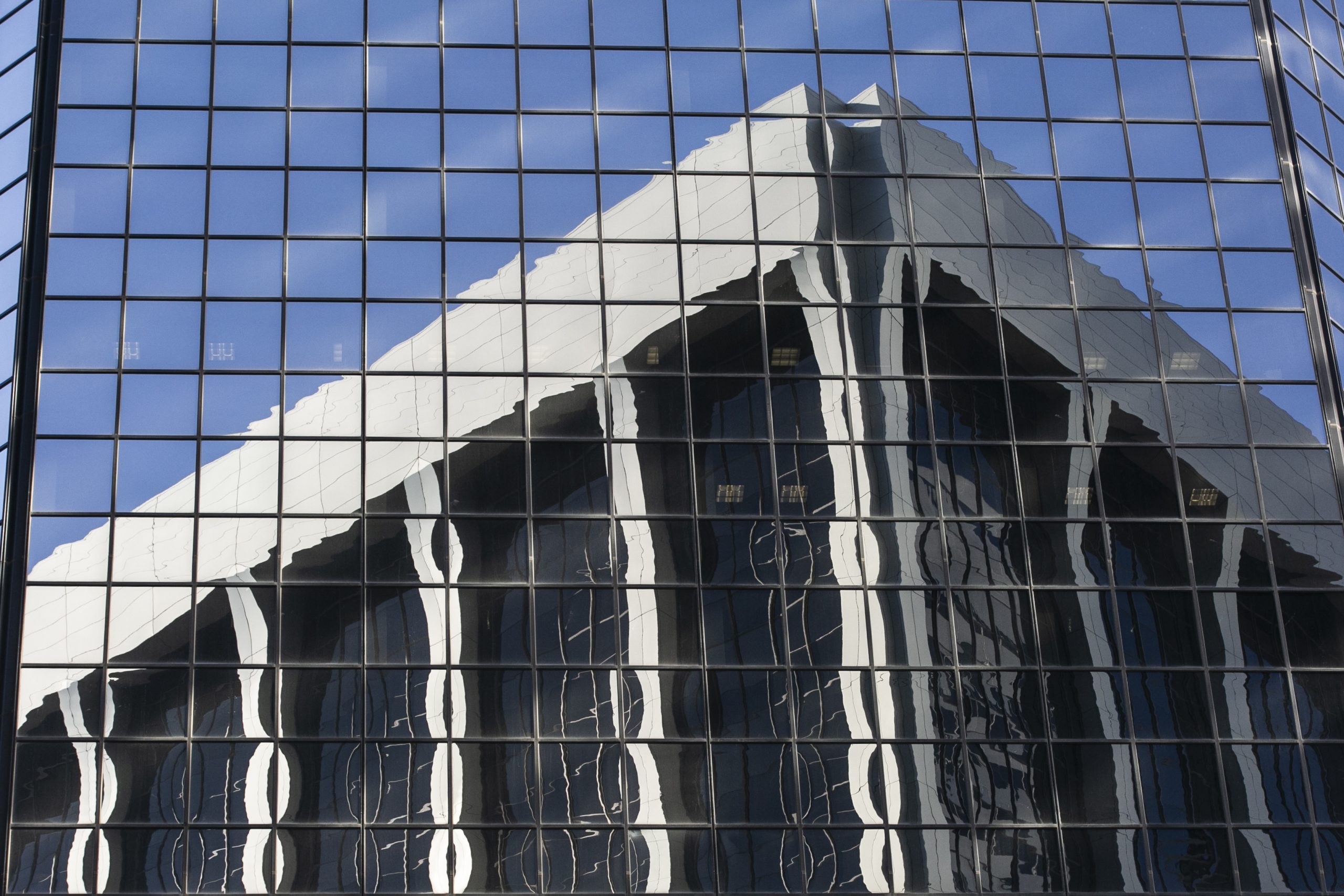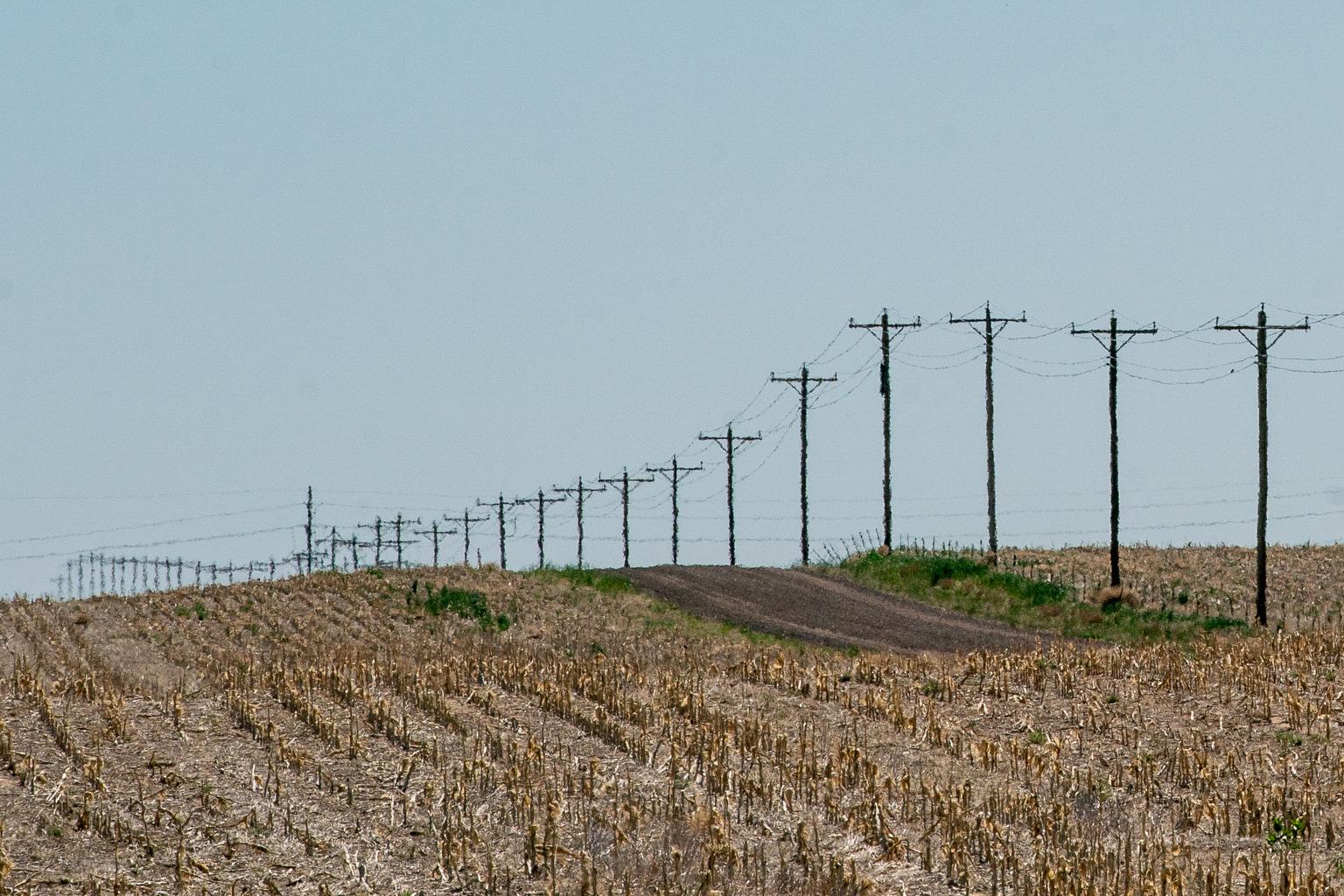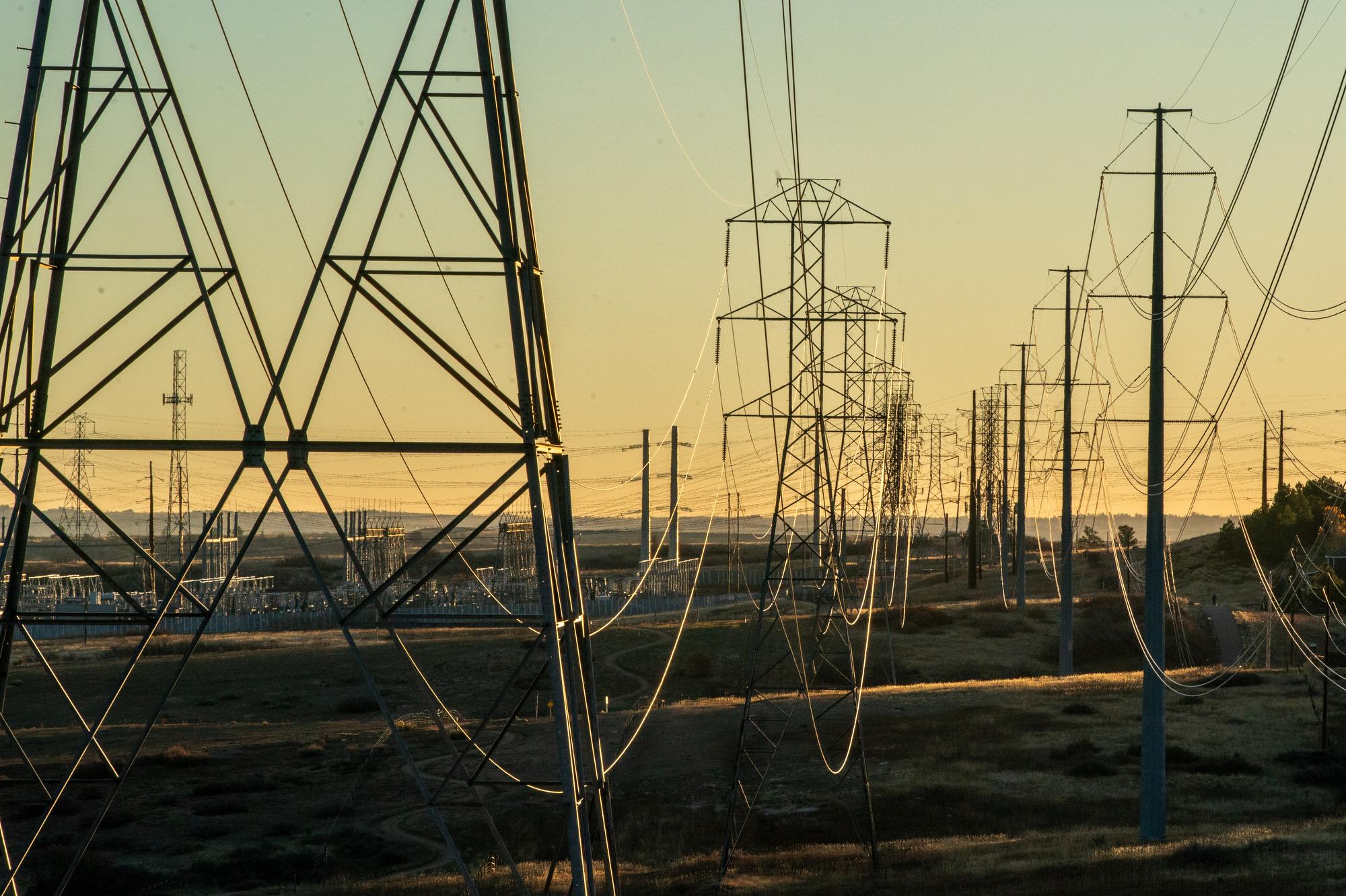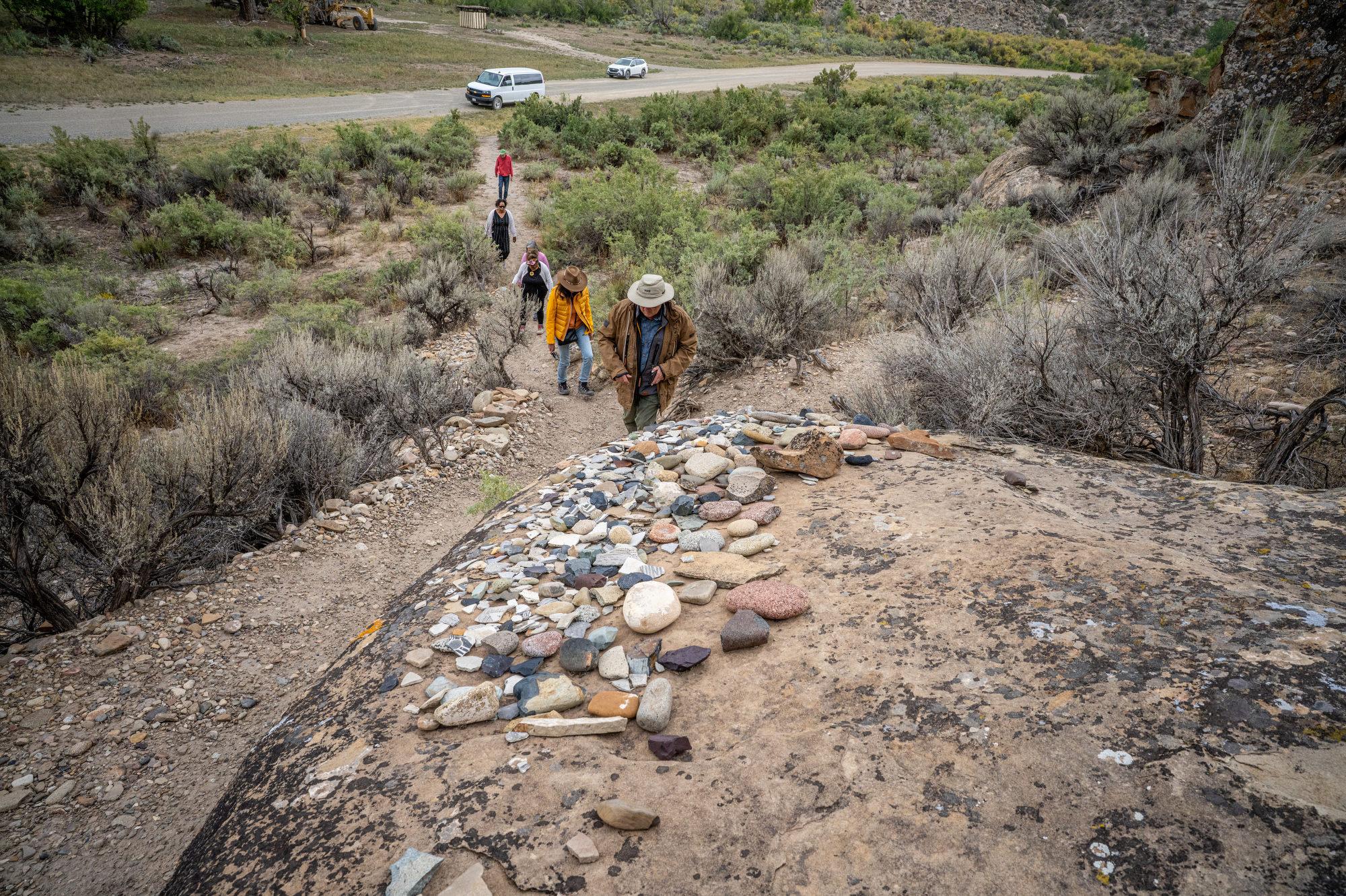
Despite talk of recession, a federal interest rate hike and bear markets, the White House remains optimistic about the strong fundamentals of Colorado’s economy.
Bharat Ramamurti, deputy director of the White House Council of Economic Advisors, said that compared to where the state was in January 2021, there have been some positive developments in Colorado, including approximately 182,000 new jobs.
“The unemployment rate when the president took office was 6.2 percent in colorado. It’s dropped all the way to 3.6 percent now, which is historically low,” he said.
The Biden administration also noted that Colorado has seen GDP grow at an annual rate of 6 percent in the last quarter of 2021. In 2019, before the pandemic, Colorado’s GDP grew by just over 4 percent in the fourth quarter, and in the final quarter of 2020, the state’s GDP fell into negative territory.
But while 2021 saw strong growth, it’s not necessarily carrying into 2022.
When Biden came into office, the country was recovering from a major economic downturn caused by the coronavirus pandemic. Now, the economy is again facing some major headwinds, including record-high inflation, the high cost of gas, problems with the supply chain, the war in Ukraine and volatility in the stock market.
The Federal Reserve increased its benchmark interest rate by .75 percent on Wednesday in an effort to fight inflation without triggering a recession.
The national GDP declined by 1.5 percent in Q1 of 2022, and the forecast for Colorado's fourth quarter is not looking bright.
“Our forecast is showing that by October, the economy will be growing at less than 2 percent,” said Dr. Phyllis Resnick, director and lead economist of the Colorado Futures Center at Colorado State University. “I think it's very much reflective of the headwinds nationwide. And it was not surprising to me to see the growth rate slow to that below 2 percent rate. It was actually a little heartening to me that they did not go negative.”
Resnick said she is hopeful that the Colorado economy is “strong enough and has strong enough underlying fundamentals to maybe avoid a true recession.”
“The drivers that are more specific to Colorado, which have to do with labor markets and the housing market, have stayed fairly strong,” Resnick said. Both have slowed a bit, “but not to the extent that the national indicators are creating the headwind.”
But with mortgage rates increasing, most people expect the housing market to cool down some.
The economic downturn is being felt across the globe, Ramamurti pointed out, but he argued the U.S. is in a better position to deal with it. Two underlying factors made him optimistic.
“We're really looking at our American consumers continuing to spend at a reasonable level. And our American business is continuing to invest,” he said.
To him, this is a sign that businesses and consumers remain “fairly positive” about the state of the economy. Another sign is that in 2021, a record number of Coloradans applied to start a new business — a risky venture even in the best of times.








